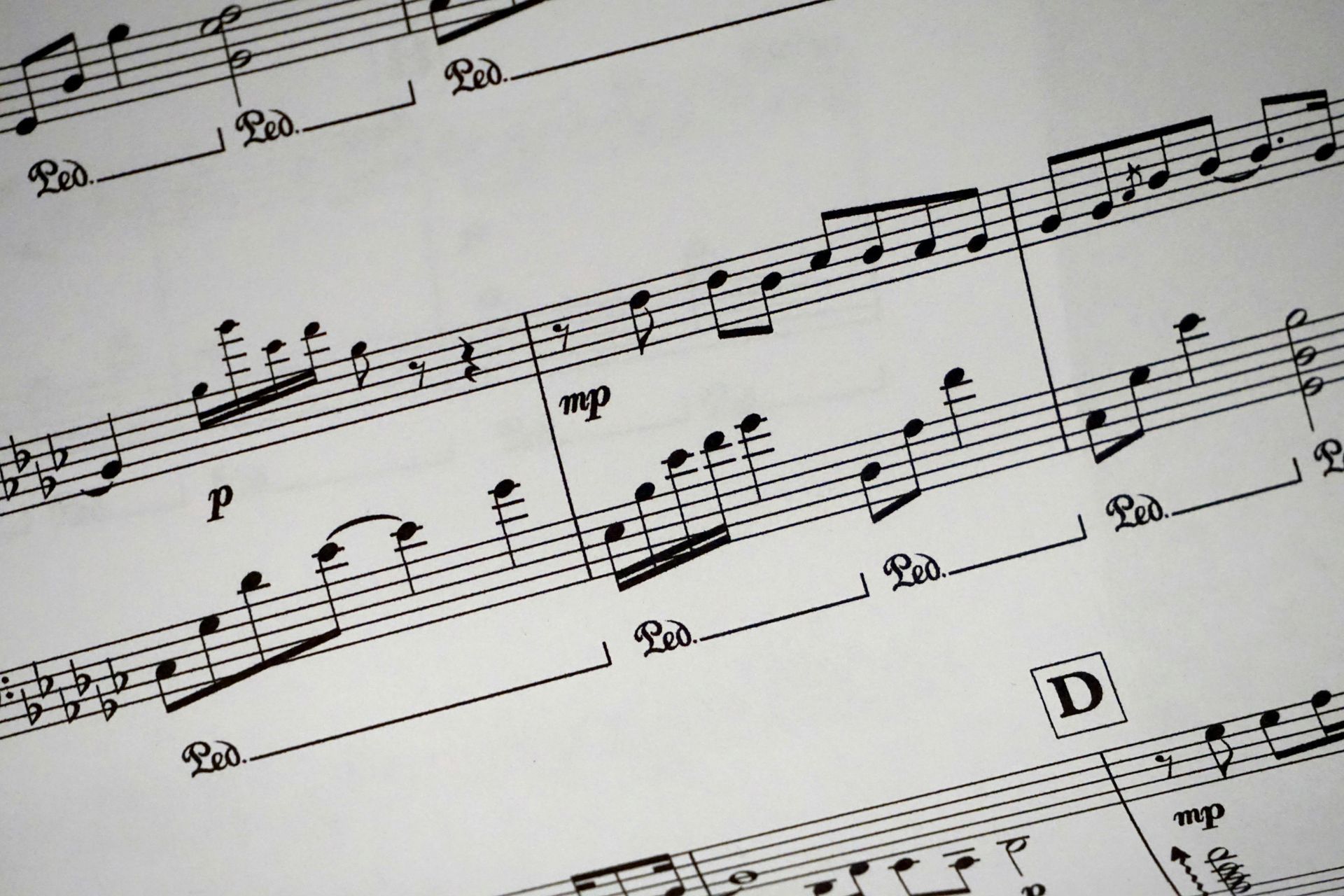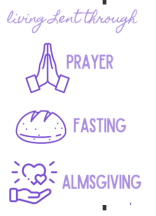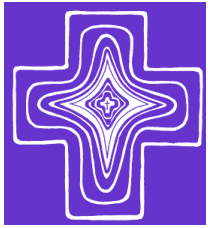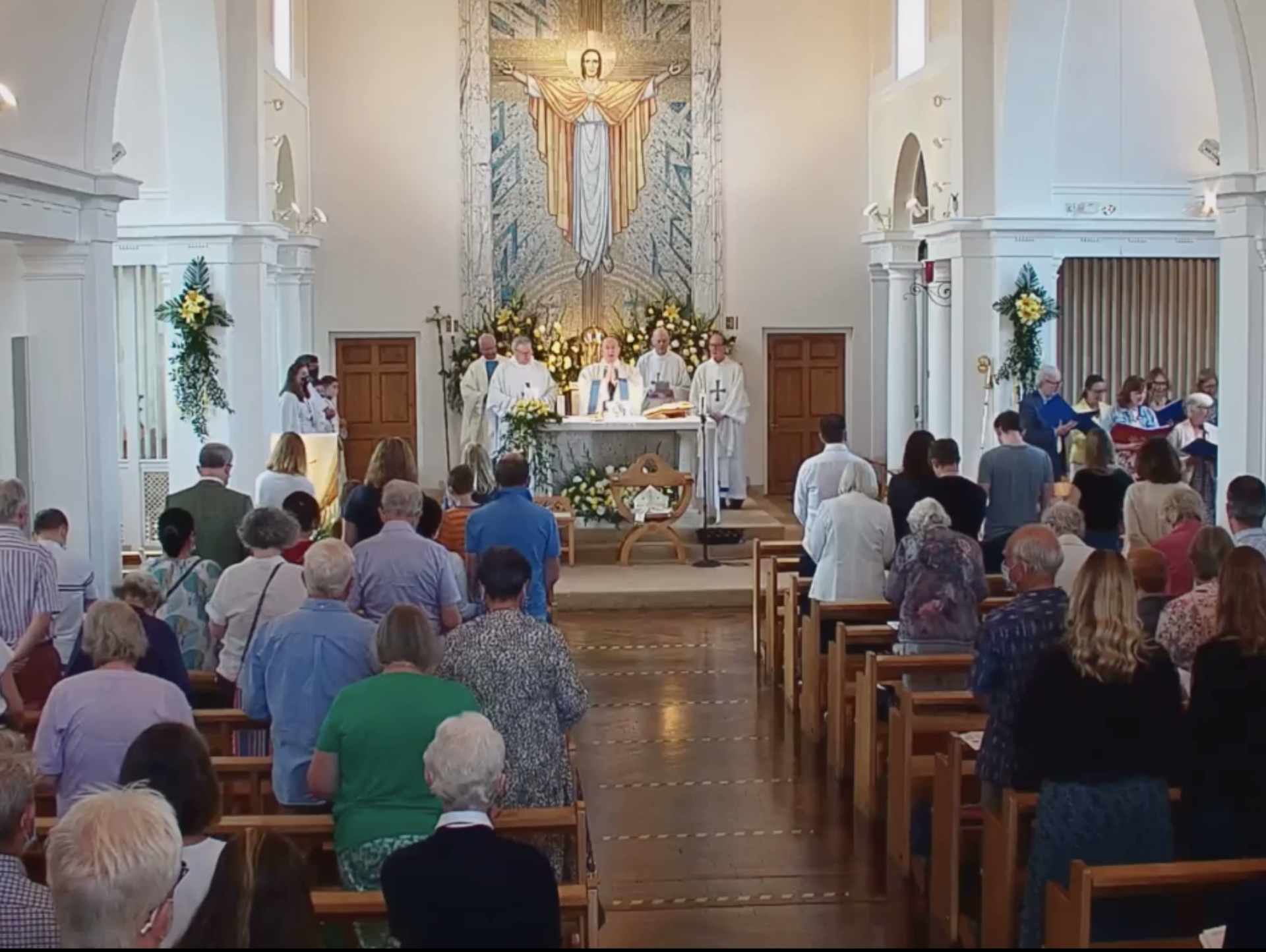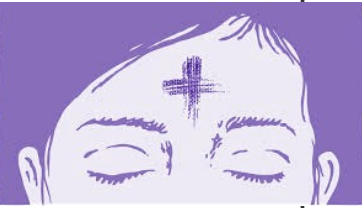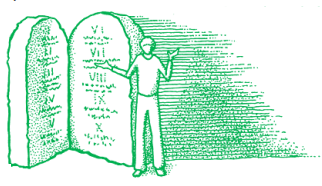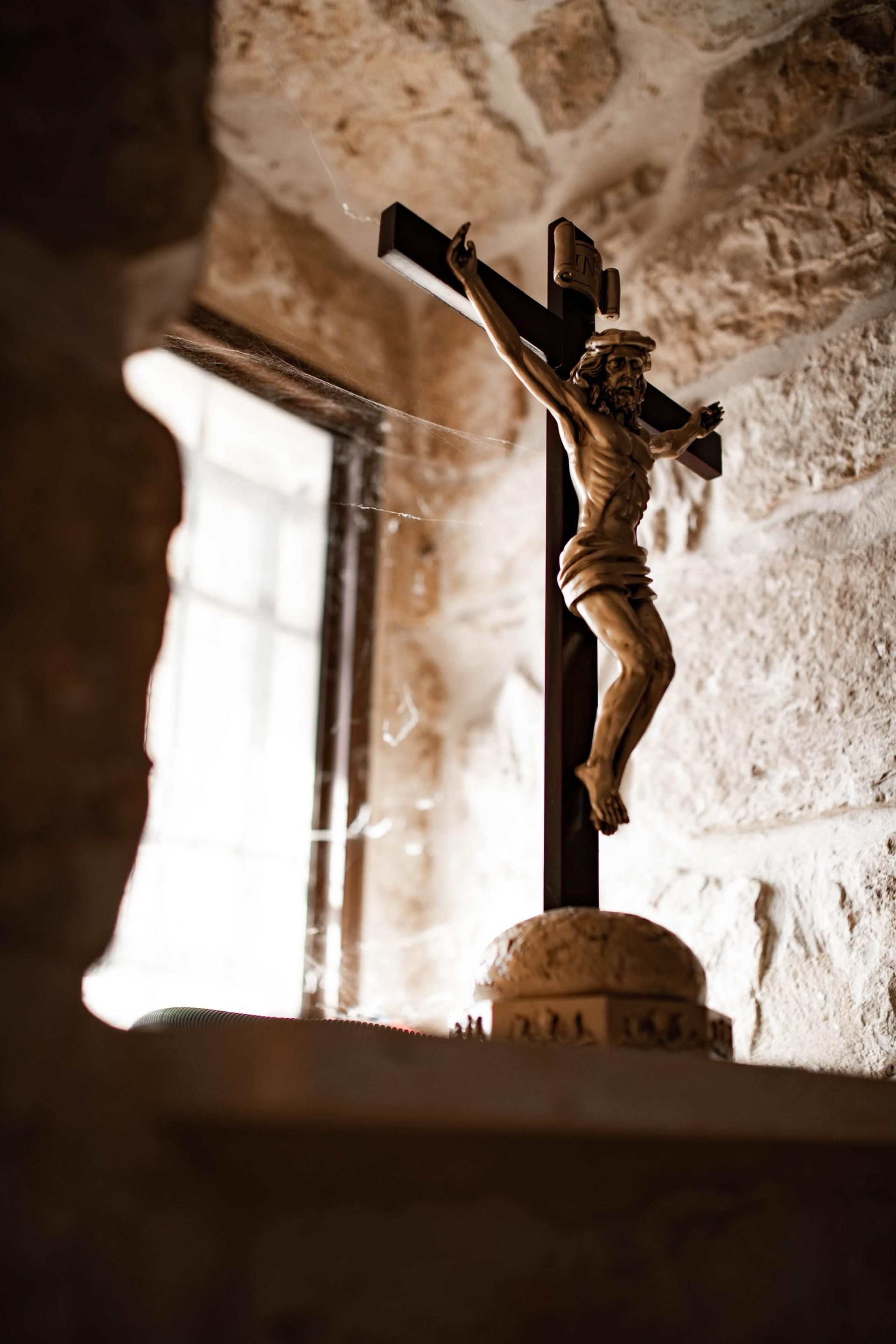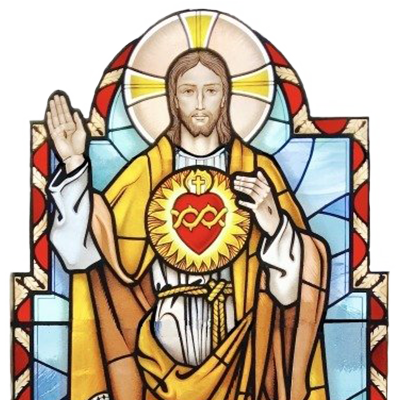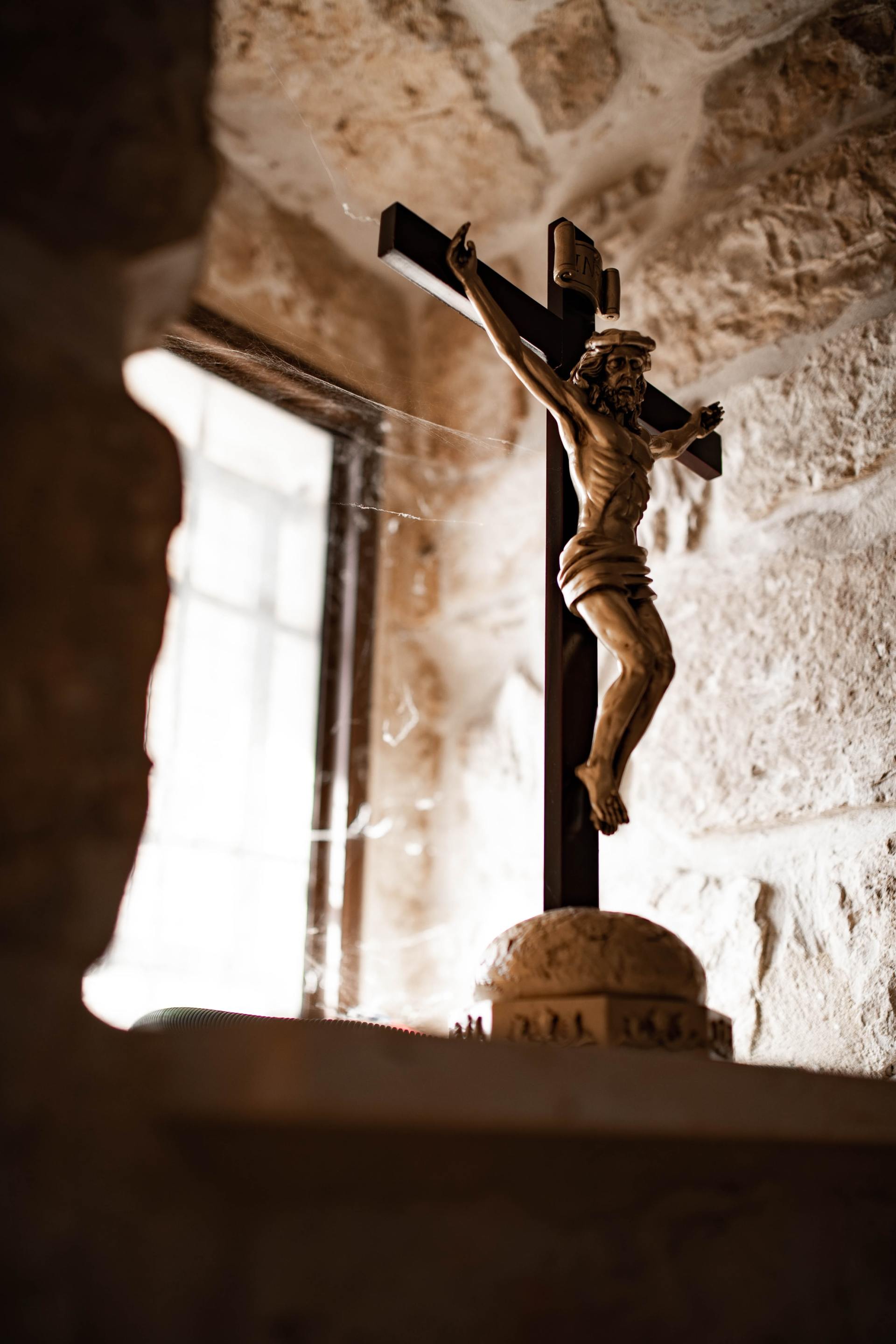WHAT IS PURGATORY ALL ABOUT? [PART I]
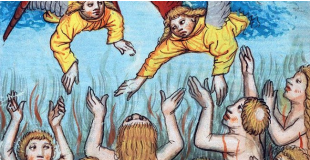
• What Is the Point of Purgatory?
To enter into communion with the all-holy God in everlasting life we too need to be holy. As St John Paul II explained, “every trace of attachment to evil must be eliminated, every imperfection of the soul corrected. Purification must be complete, and indeed this is precisely what is meant by the Church’s teaching on Purgatory.” For those faithful who die in friendship with God but not yet entirely purified, the mercy of God provides a last cleansing of love which enables them to embrace the fullness of Love. This is Purgatory. Purgatory is a purification of love. Those who undergo this final cleansing after death have indeed died in the love of God, but that love is not yet perfect. More specifically the holiness of these souls may be tarnished by unforgiven venial sins, evil inclinations or temporal punishment due to sin.
• What can the holy souls do to get out of Purgatory?
During our earthly lives, we can be purified by means of the sacraments, prayer and good works. However “death puts an end to human life as the time open to either accepting or rejecting the divine grace manifested in Christ” (Catechism of the Catholic Church 1021). This means the holy souls in Purgatory can no longer actively “satisfy” for their sins. They can’t do anything to purify themselves – and therefore get out of Purgatory. Purification is done to them rather than by them.
• What happens in Purgatory?
The Holy Souls in Purgatory undergo purification suffering of love. The purifying suffering of love is called “satispassion.” Since the Holy Souls can’t be purified by their own efforts, they atone for their sins by undergoing purifying suffering which re-establishes holiness and justice. The Holy Souls joyfully embrace their final preparation for heaven with faith, hope and love.
• What kind of suffering happens in Purgatory?
Although the Church hasn’t declared anything about the specific nature of the pains of Purgatory, the greatest suffering is the delay of the beatific vision. In other words the postponement of seeing God face-to-face, which is heaven. The human being, made for eternal life with God suffers immensely on being delayed in this union with the ultimate object of all their desiring. The holy souls are aware of the immense good of which they are temporarily deprived and conscious of their personal responsibility for this delay. They embrace this temporary and cleansing pain lovingly and in complete conformity with the will of God.
